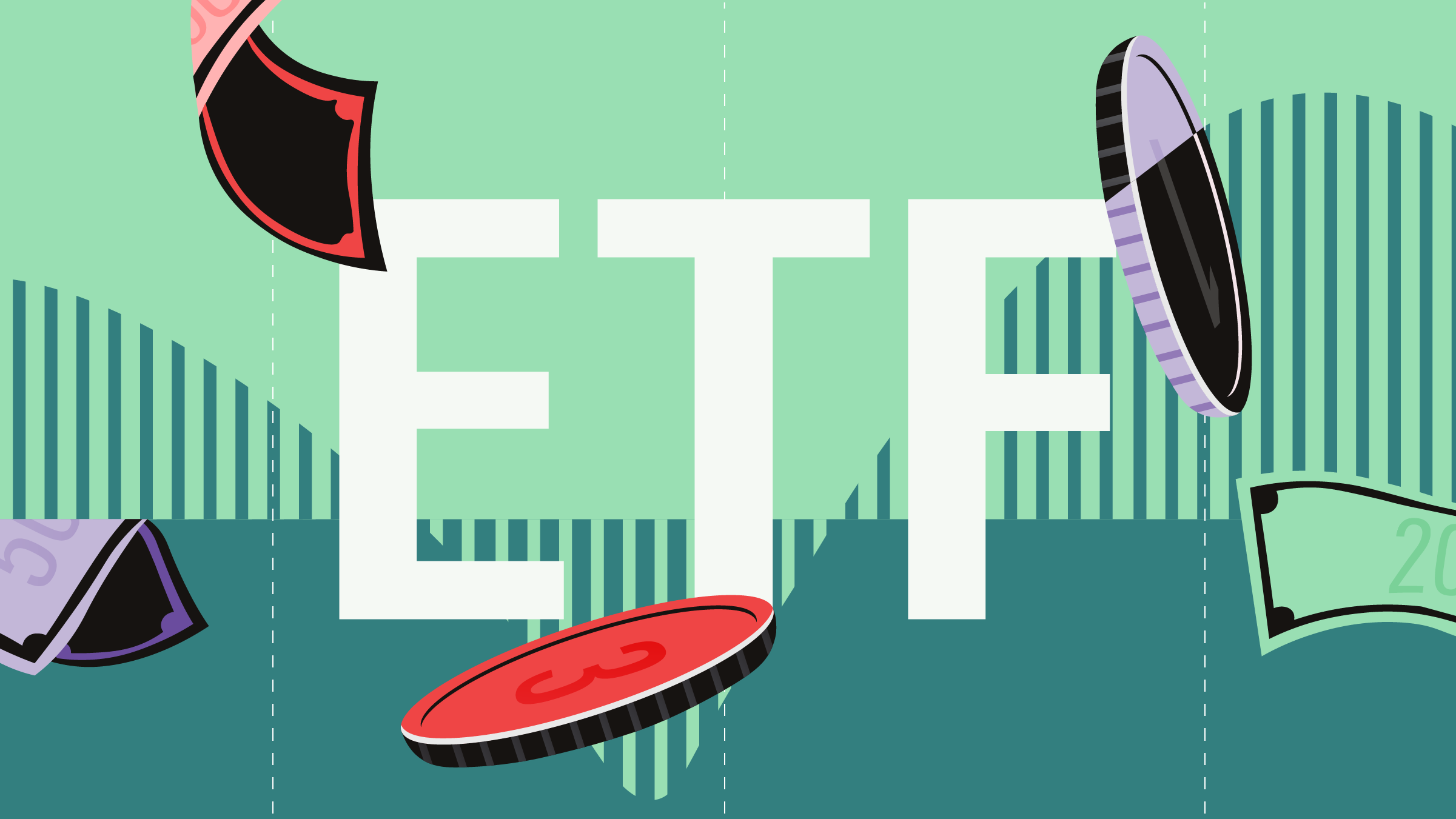
Many Canadians consumers under the pressure of high interest rates may feel that the economy is on the brink of a recession. The expert outlook, however, is mixed – with a cautionary consensus.
“Based on our indicators, I don’t see a recession playing out in Canada,” states Travis Shaw, senior vice-president, sector lead, global sovereign ratings at Morningstar DBRS. “If we look at the latest forecasts from the major banks, no one is calling for an outright recession, but economic growth will definitely slow down.”
Economic indicators are indeed showing weakness and “when we look at the whole together, we see that it disappoints economists’ expectations,” points out Alexandra Ducharme, an economist at National Bank of Canada. The bank has built an index that mixes 16 leading indicators such as the evolution of the loonie, the manufacturing and services ISMs, SME optimism, unemployment claims and building permit issuance, and that index “is at its lowest point since July 2019,” Ducharme adds.
National Bank’s reading is more pessimistic than the consensus. “Like the consensus,” Ducharme adds, “we see growth continue at 2.3% to the end of 2024 in the U.S. and at 0.7% in Canada, while in 2025 it will drop to 1% in the U.S., but inch up to 1.2% in Canada. So, no recession on the horizon, but a strong slowdown.”
Canadian Stock Market Slowdown on the Horizon?
David Rosenberg, president and founder of Rosenberg Research, belongs to a more pessimistic camp, along with Brooke Thackray, research analyst at Global X. “Half of the U.S. is in recession, the other half isn’t, Rosenberg states. The low-end consumer is in a lot of pain, along with half of the middle class while high-end consumers are holding up. Canada, I believe, is in far worse shape.”
Rosenberg bases his observations on a few key factors, foremost of which are interest rates. “Nothing is more powerful than rates in a credit-driven economy like the U.S.,” he says, recalling that in 2005-07 after the Fed’s overnight rate went from 1% to 5.25% over a period of two years, people didn’t believe a recession was coming until the very last moment when the crash set in. This time, rates shot up from nearly zero to 5.5%. “I don’t believe the business cycle has been repealed,” he says, adding that this time around, “I’m more concerned by the duration of a recession than by its gravity”.
“I follow Rosenberg on this,” Thackray says. “I’m a believer that unemployment is the key metric to watch, and it has moved up to 6.1% after hitting a low of 4.9% in 2022. In the U.S., if they come close to 5%, that’s when a recession could hit.” Rosenberg is more attuned to the speed at which unemployment has shot up by more than 1% in the last year. “That is a sure-fire recession indicator, he claims. I think in Canada the recession has already arrived. In the U.S., it will happen in the next six months.”
Canadian Business Insolvencies On the Up
Travis Shaw believes Canada’s immigration rate plays tricks on the unemployment numbers, making them less alarming. “They have shown signs of softening,” he acknowledges, “but it’s probably mostly a population story. Growth [of the population] has been so strong that we’re not absorbing those newcomers as fast as needed, though that’s not necessarily a bad thing. It’s a slowing of absorption rather than a falling of employment.”
Shaw also points to housing which could be propped up by the Federal government’s plans of boosting construction. “The Canadian economy has a high dependence on housing to support growth. How housing plays out is another factor that takes away any great risk of a recession.”
Another element that troubles Rosenberg and Thackray is the high rate of business insolvencies, which increased by 56.7% in the year ending March 31, according to Canada’s Office of the Superintendent of Bankruptcy, an unprecedented rise, Rosenberg notes. “The closest was 47% in the early 1990s”.
Canadian Small Business Concerns
High interest rates have made small- and midsized enterprises (SMEs) fragile in particular, Thackray believes. While larger corporations can borrow far out in the future, taking advantage of the low rates that still prevailed only two years ago, SMEs don’t have that leisure, nor do they have the same control over prices and costs as their larger brethren. He points to the situation in the U.S., where “40% of the companies in the Russell 2000 index are zombies, living out of borrowed money. Their earnings not covering their day-to-day operations. They’re not making any money basically.”
Shaw tempers those alarms, pointing out that, even though insolvencies are sharply increasing, “they are still at low levels historically.” Ducharme concurs. “The rate of insolvency has reached 0.8 per 1,000 companies in January 2024 before coming back down to 0.6 in March,” she notes. But those numbers cause her to remain alert. “That remains high when we compare to the trend since 2015. However, the rate of insolvencies remains under the level we witnessed in the early 2000s (when they reached 1.4/1,000).”
The moves of central banks are a key factor in the success of SMEs. How they calibrate their fight against inflation determines to a large extent how much pressure is exerted on businesses and individuals. “The darkening economic indicators cause economists to remain optimistic because they believe central banks will have to lower rates,” Ducharme highlights.
But then, a cold shower has just fell on that optimism with the most recent inflation reading in Canada jumping up at 2.9%. “At this point, the market has (appropriately) scaled back July rate-cut odds, and our call for a September move remains intact for now.” wrote Bank of Montreal’s Robert Kavcic, Senior Economist at the Bank of Montreal. If so, until then, the pressure could rise in the Canadian economic cooker.



















